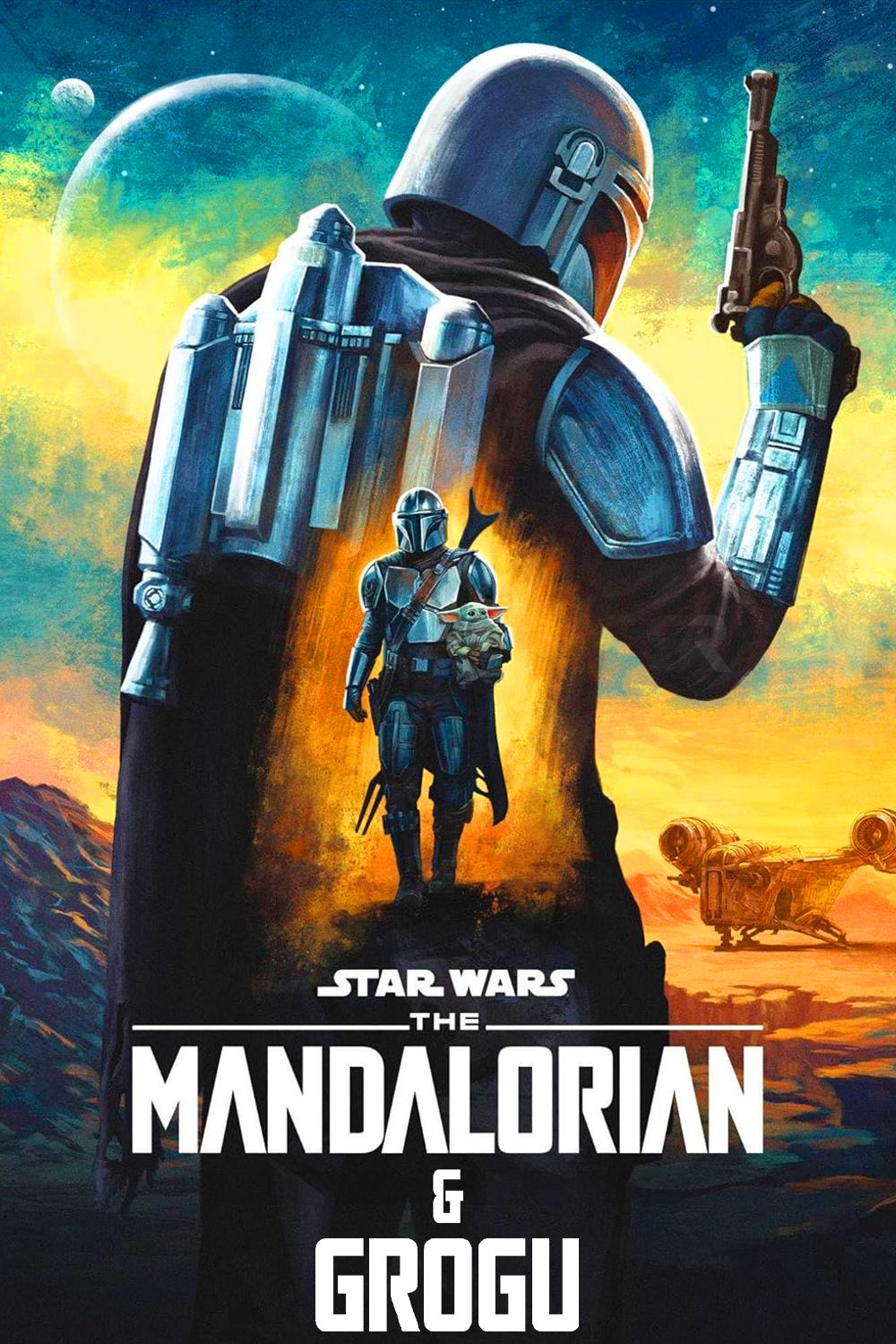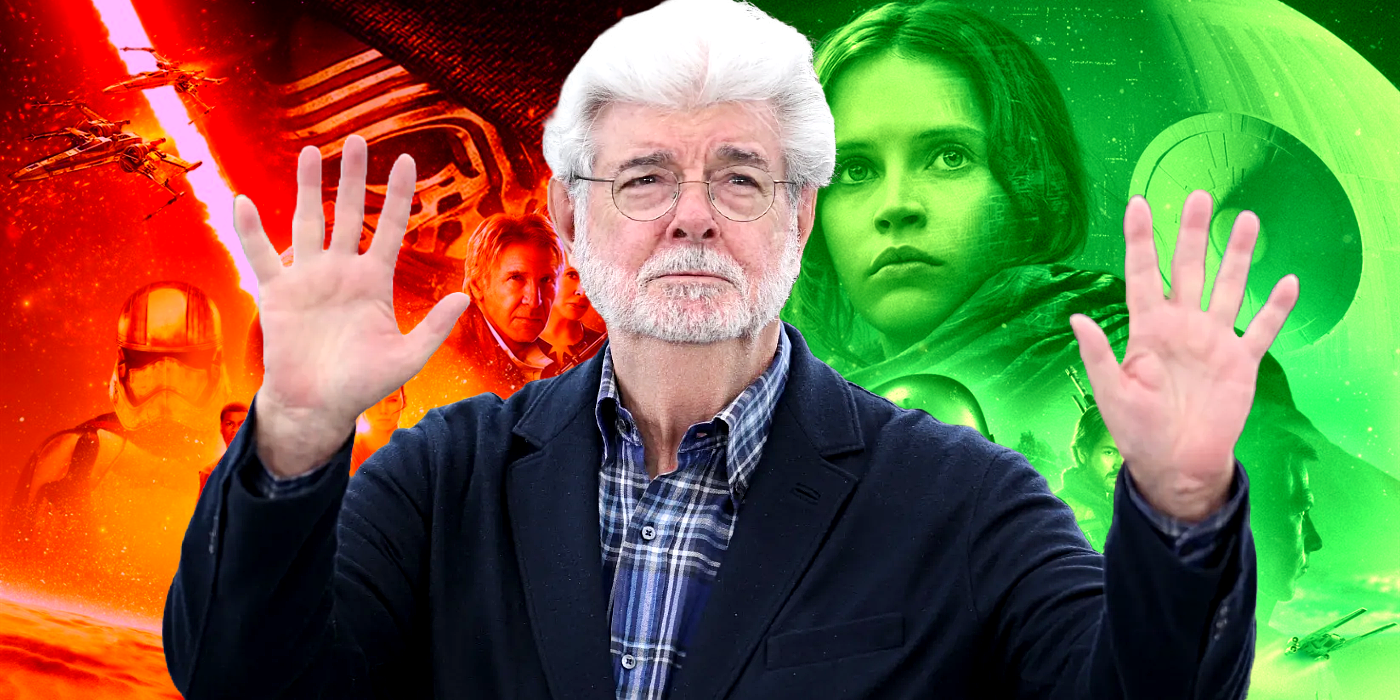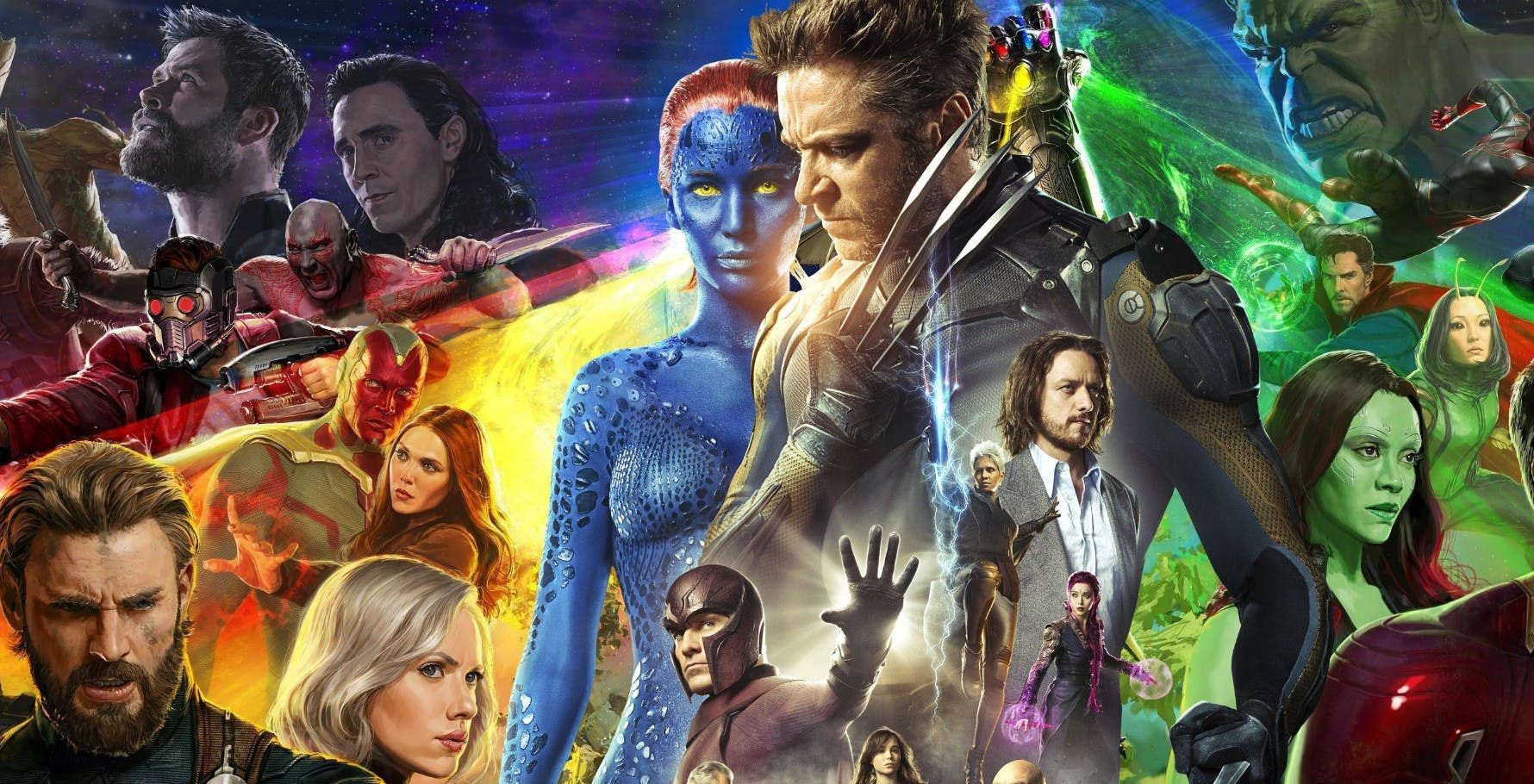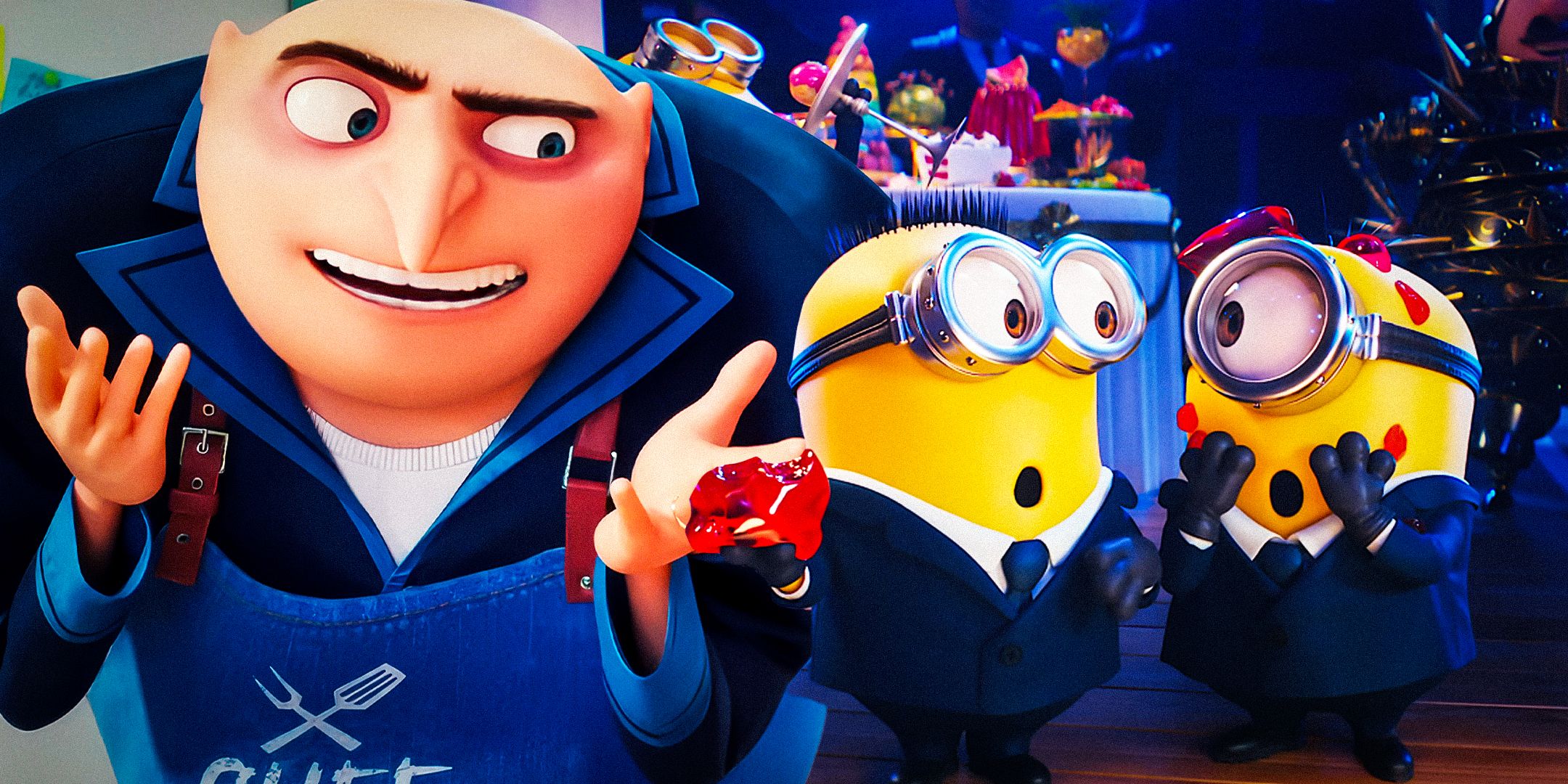David Fincher’s The Killer not only seems to borrow a storytelling trick from Fight Club but also makes it better. Based on a graphic novel series, The Killer unfolds as a revenge thriller in which an assassin sets out to kill his contractor after his job threatens his family. Despite having a simple narrative, The Killer presents immense narrative depth either through the inner monologs of its main character or through subtle details in its mise-en-scène.
The Killer also has all the markings of a typical David Fincher movie: from creative motion tracking camera shots to well-choreographed action scenes. Owing to this, it is not surprising that The Killer shares a few thematic elements with David Fincher’s previous works. What is intriguing, however, is how The Killer creatively twists and turns one Fight Club theme to make it relevant for its own overarching narrative.
Like Fight Club, The Killer Criticizes Consumerism And Corporate Branding
In Fight Club‘s opening arc, the narrator recounts all the valuable commodities he accumulated in his burnt-down house over the years. From Ikea tables to glassware, he cites them all to highlight how the things he owned defined his identity. Then enters Tyler Durder, an antithesis of the narrator’s characterization, who preaches that “the things you own end up owning you.” Durden not only refuses to follow the empty pursuit of chasing material possessions but also sets out to initiate a rebellion against big corporations that establish control over the masses through false advertising.
Using Tyler Durden as a narrative device, Fight Club criticizes how deceptive advertising and corporate control reduce individuals to mere consumers. David Fincher’s The Killer takes a similar route by featuring logos from several renowned brands, like WeWork, McDonald’s, and Amazon, with commentary on how the Michael Fassbender character is as aware and enlightened about the corrosive nature of corporate branding and material obsession as Tyler Durden. However, despite these parallels, The Killer‘s consumerism subtext seems way more intriguing than Fight Club‘s because of how it fits into its overarching storyline.
How The Consumerism Subtext In The Killer Is Better Than Fight Club’s
The Killer seems more clever and subtle with its depiction of consumerism and its dehumanizing effect on an individual. In the movie’s opening arc, Michael Fassbender’s assassin character is himself a commodity bought by an organization to fulfill its selfish motives. Without ever questioning the orders from the higher-ups and numbing himself to avoid feeling empathy towards killing his targets, The Killer‘s central assassin does not think twice before murdering his targets. During these moments, he disguises himself by eating at McDonald’s, setting up his “office” in a WeWork space, and ordering equipment from Amazon.
The Michael Fassbender character is initially naive to the true nature of his job despite being sick of its tediousness. However, like Fight Club‘s narrator, he realizes he is a mere commodity when he misses an assassination target, and the higher-ups try to eradicate him. With this, like Tyler Durden, he finds himself on the path of rejecting the capitalist organization that hired him by destroying its roots. Unlike Tyler, though, he takes a more pragmatic approach where, instead of rebelling against consumerism, he uses it as a tool to get to the higher-ups.
His multiple passports and lack of identity initially make him an easily disposable commodity. However, he uses the same as an asset to avoid getting caught and moving from one nation to another after committing crimes. In The Killer‘s final arc, the character also gets inside Claybourne’s high-security building without breaking a sweat by entering its parking lot right after a Postmates guy leaves, proving that despite being on top of the corporate food chain, a billionaire like Claybourne is no less vulnerable to the negative impact of consumerism. This proves that, despite having Fight Club parallels, The Killer is more rational with its social commentary.





